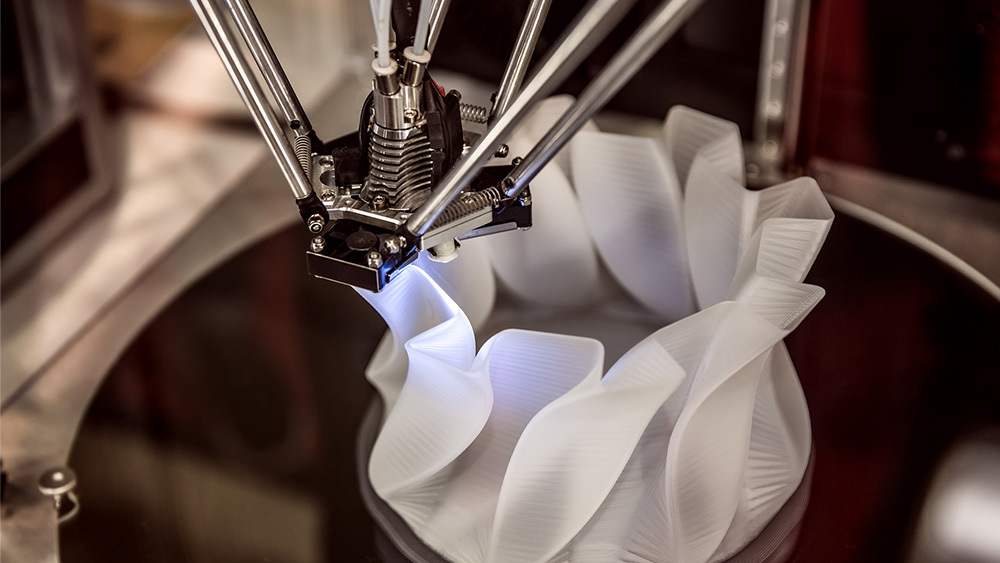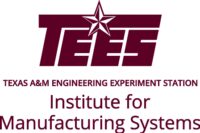
While advanced manufacturing provides increased access to product replication and the agility to pivot when the product needs to be changed, the risk for counterfeit production rises. SecureAmerica Institute (SAI), Texas A&M Engineering Experiment Station (TEES) researchers and their partners at New York University (NYU) are developing techniques that successfully embed markers into 3D-printed products so customers can verify that items received are not counterfeit. This research is part of SAI’s nationwide project call to empower a secure and resilient domestic manufacturing enterprise.
Manufacturing-as-a-service (MaaS) connects designers, manufacturers, customers and consumers, streamlining the process from design to delivery. This widely accessible technology also creates added layers of vulnerability and opportunity for counterfeit product dissemination.
“The risk of counterfeit products for items like automotive parts, electronics, safety equipment and medicine are of particular concern, especially with increased MaaS technology use,” said Dr. Ramesh Karri, professor, co-founder and co-chair of the NYU Center for Cybersecurity, and principal investigator for this project. “Identifying techniques that reduce these risks will protect manufacturers, customers and consumers as we ensure product needs are met safely.”
